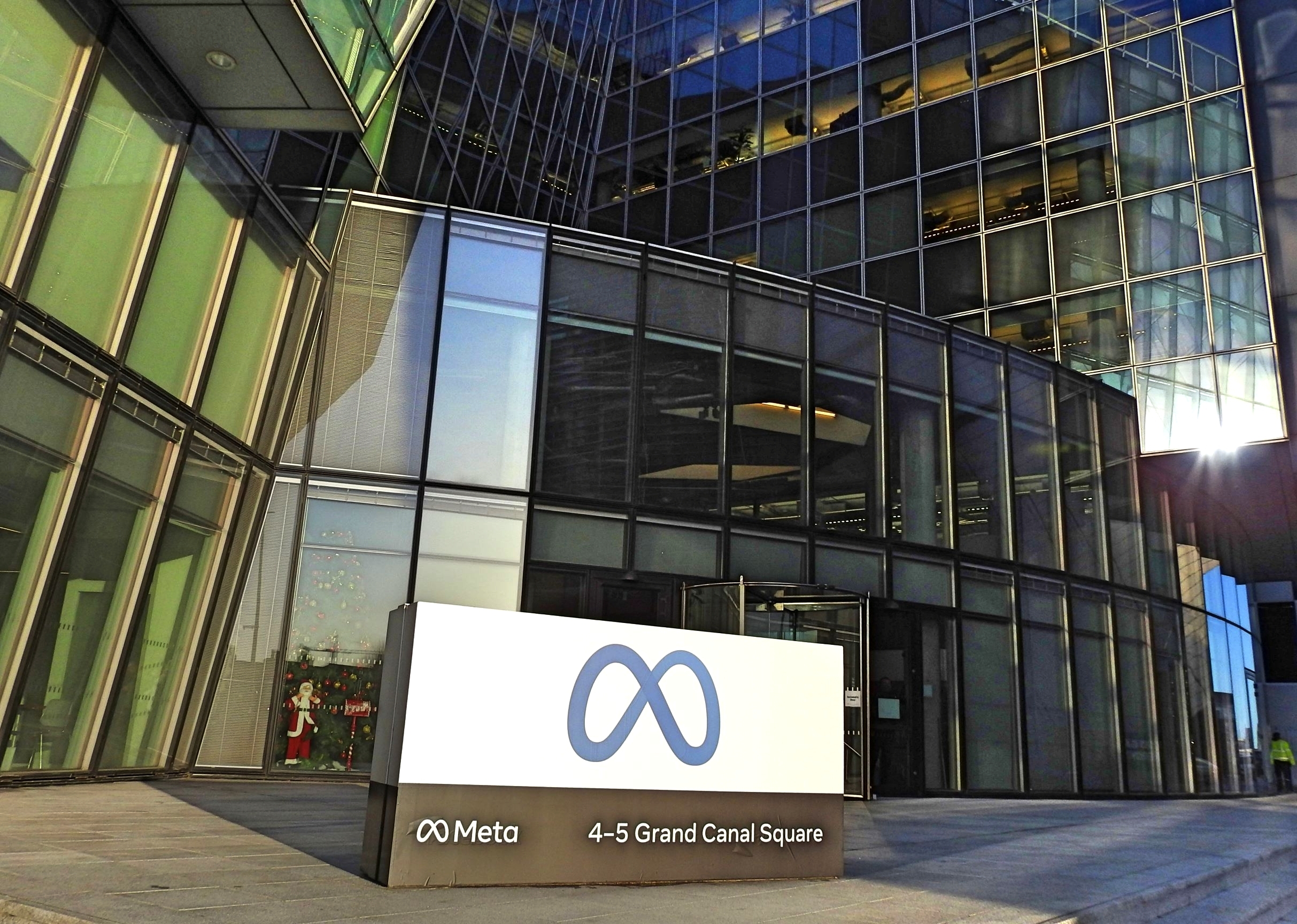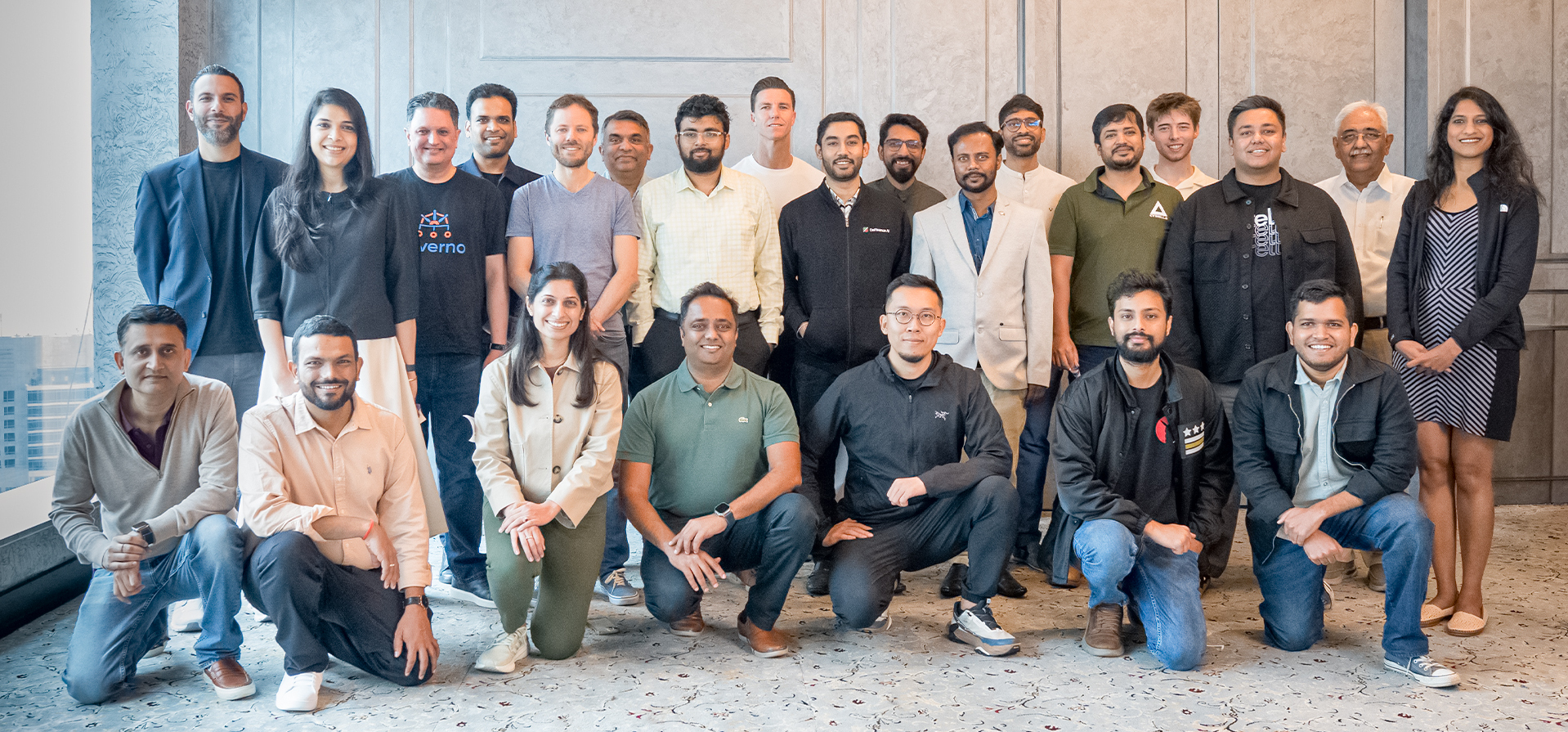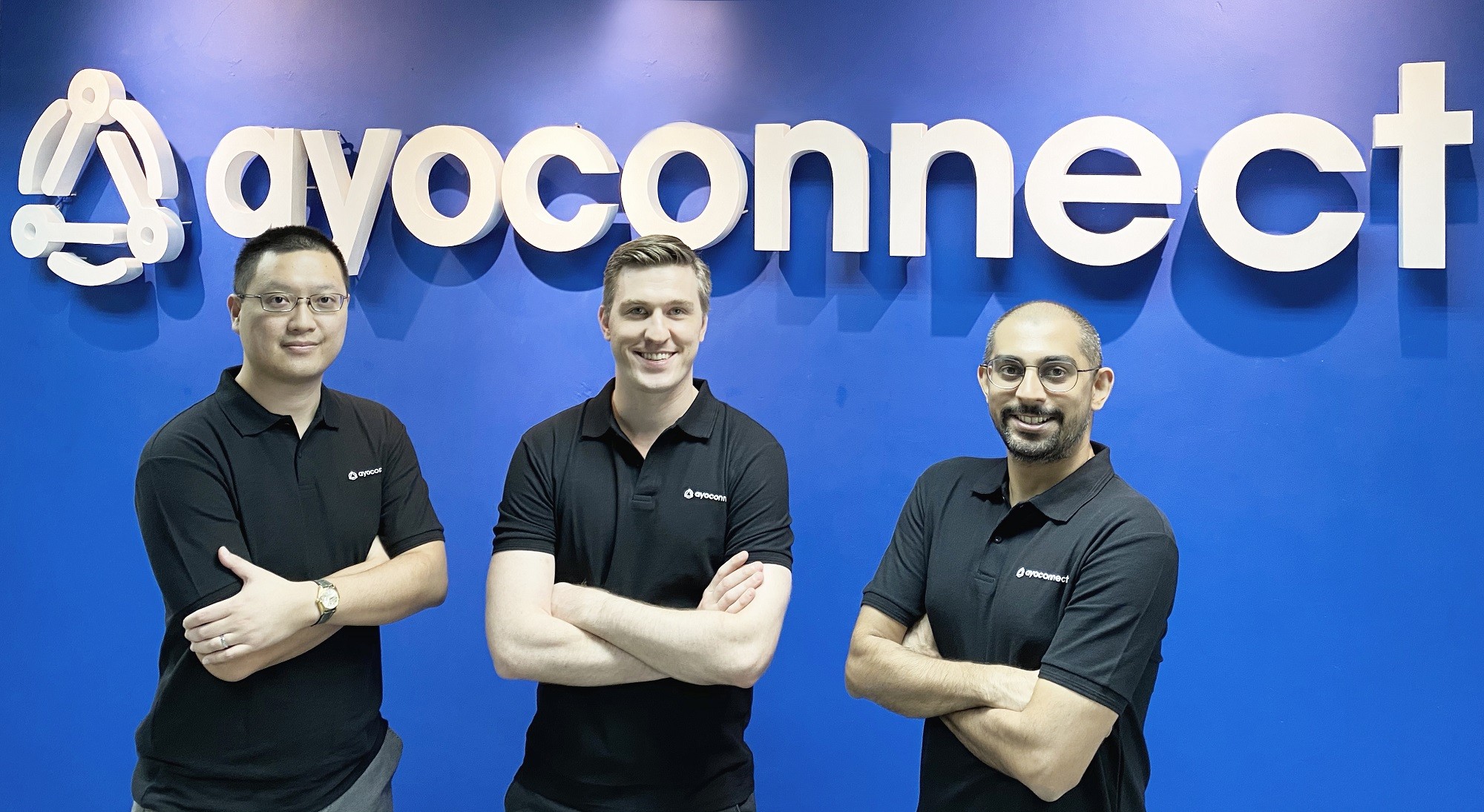Advisers build trust, explain procedures and follow up therapy.
Adi Husada Cancer Center (AHCC) in Surabaya, East Java is combining modern cancer therapies with a personal guidance system that helps patients through each stage of treatment.
Silvia Haniwijaya Tjokro, general manager at AHCC, said their standout feature is the Patient Advisor program, which gives patients and families a single point of contact during their treatment.
“Patient Advisors are not just about handling logistics,” she told Healthcare Asia in an interview. “They build trust, explain procedures, follow up after therapy, and most importantly, make patients feel that their voices are heard.”
The hospital tailors treatment to the patient, uses digital tools, and encourages teamwork across specialties, she pointed out.
Through genetic and molecular tests such as next generation sequencing, doctors can choose targeted therapies or immunotherapies that are more likely to work for a particular patient. Biomarker tests also help predict how someone will respond to treatment, which reduces unnecessary side effects.
Digitalisation plays a big role. Artificial intelligence helps doctors read computed tomography (CT) scans and mammograms, and telemedicine lets patients from Eastern Indonesia or overseas to consult AHCC specialists online. Doctors, surgeons, psychologists, nutritionists, and nurses work together to provide coordinated care.
The Patient Advisor program ties these elements together by helping with scheduling, paperwork, follow-ups, and emotional support. It was recently expanded to include psychological services for both patients and caregivers.
AHCC also joined Asia OneHealthCare (A1H), a regional hospital network, which opens access to international benchmarks and referral systems.
The program’s success is measured through net promoter score surveys and patient interviews during intake, mid-treatment, and after therapy. AHCC has consistently earned top scores, Silvia said.
One chemotherapy patient, for example, reported discomfort during injections and asked for a more experienced nurse. The request was acted on quickly, with the nursing coordinator following up and the Patient Advisor checking in afterward. The patient later said she felt reassured and valued.
Challenges remain. Patient Advisors must have a rare mix of medical understanding, administrative skills, and emotional intelligence. To meet this need, AHCC invests in training and brings in experts from Singapore and Malaysia to share best practices.
Some patients also need time to adjust to the idea of working closely with an adviser rather than speaking only with doctors.
To keep care consistent, AHCC holds bi-weekly meetings across departments, including doctors, nurses, pharmacy, and administration.
Over the next three years, AHCC plans to expand the role of Patient Advisors with more medical training and stronger support skills.
“Our vision is for Patient Advisors to become even more comprehensive so that no matter how complex the cancer journey, patients always feel guided and cared for,” Silvia said.





